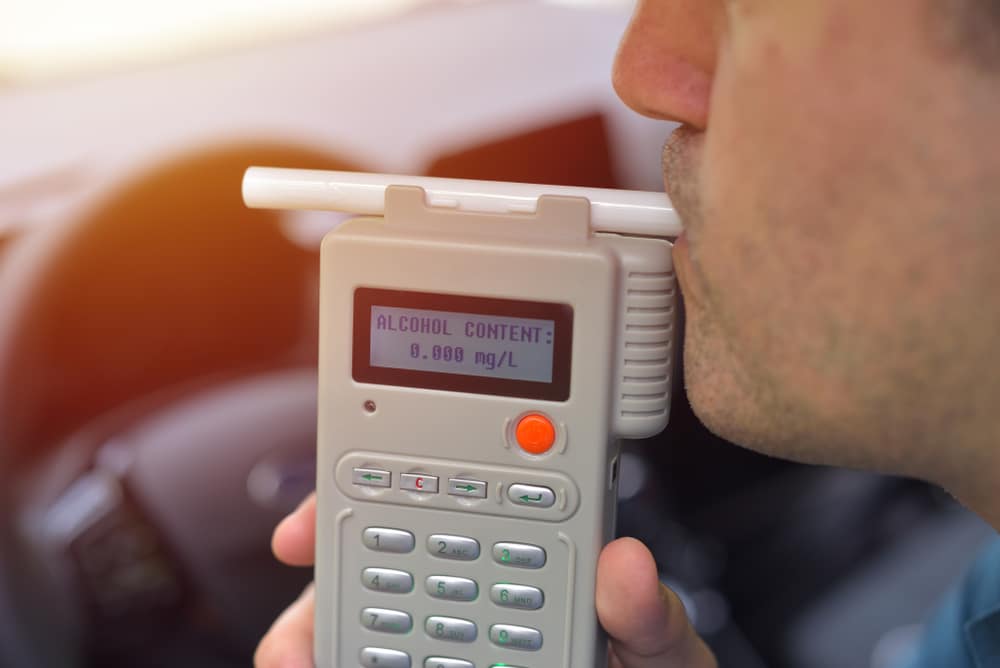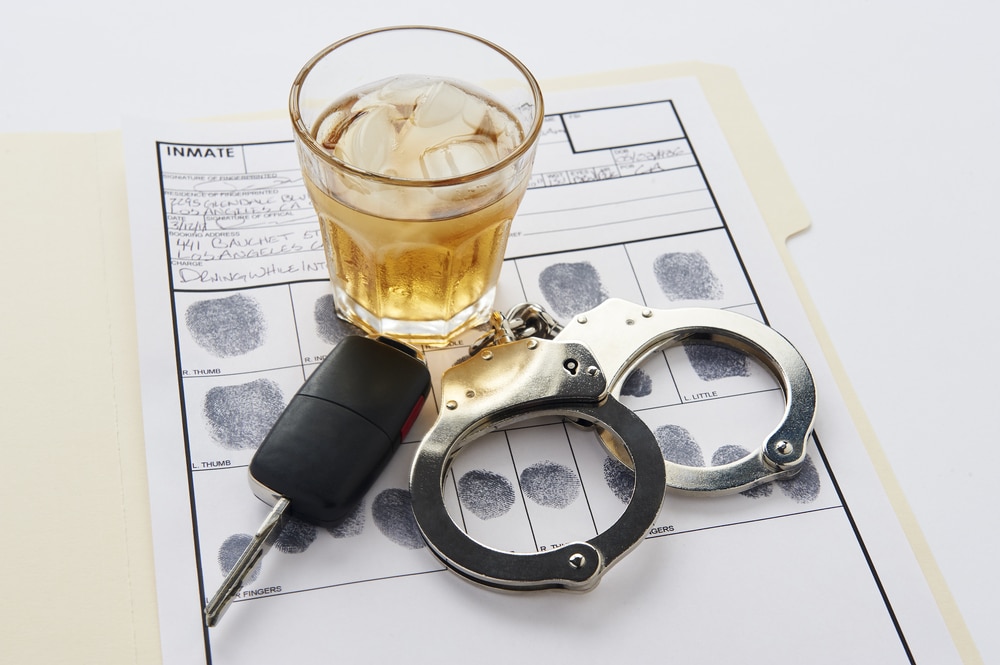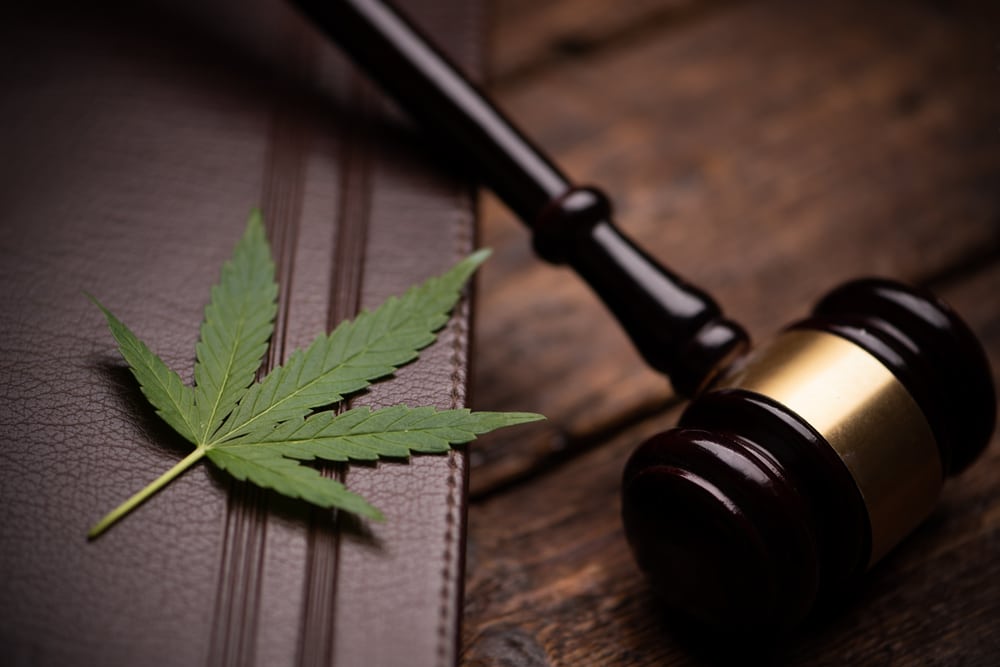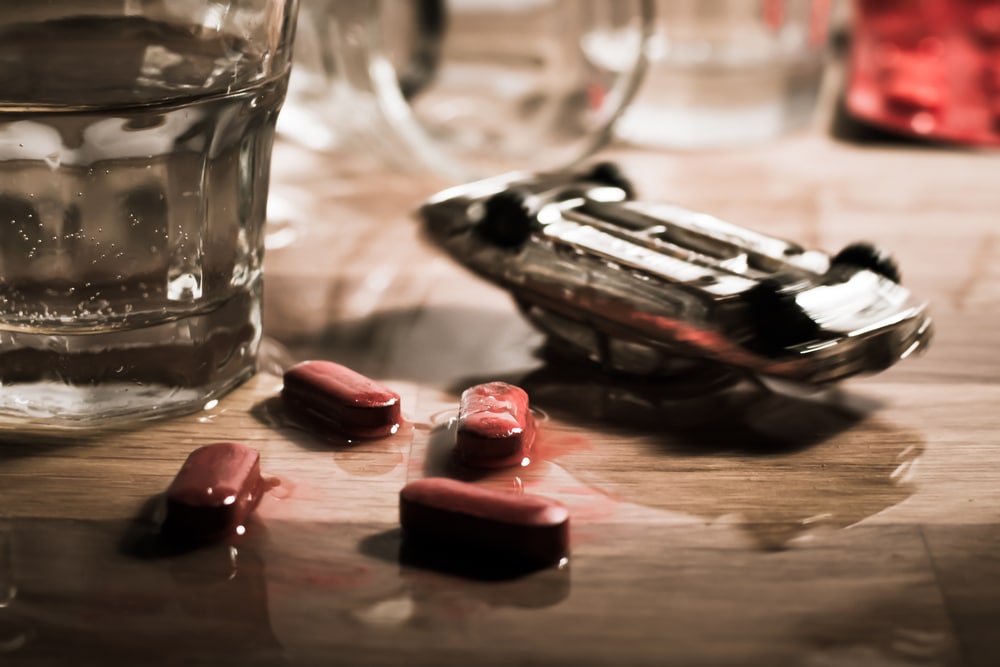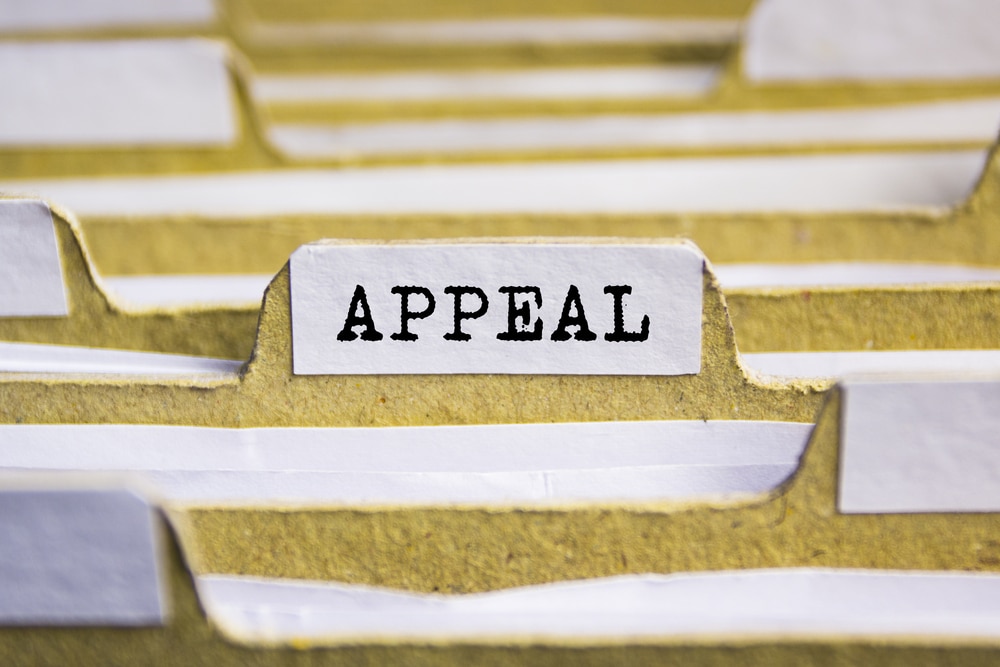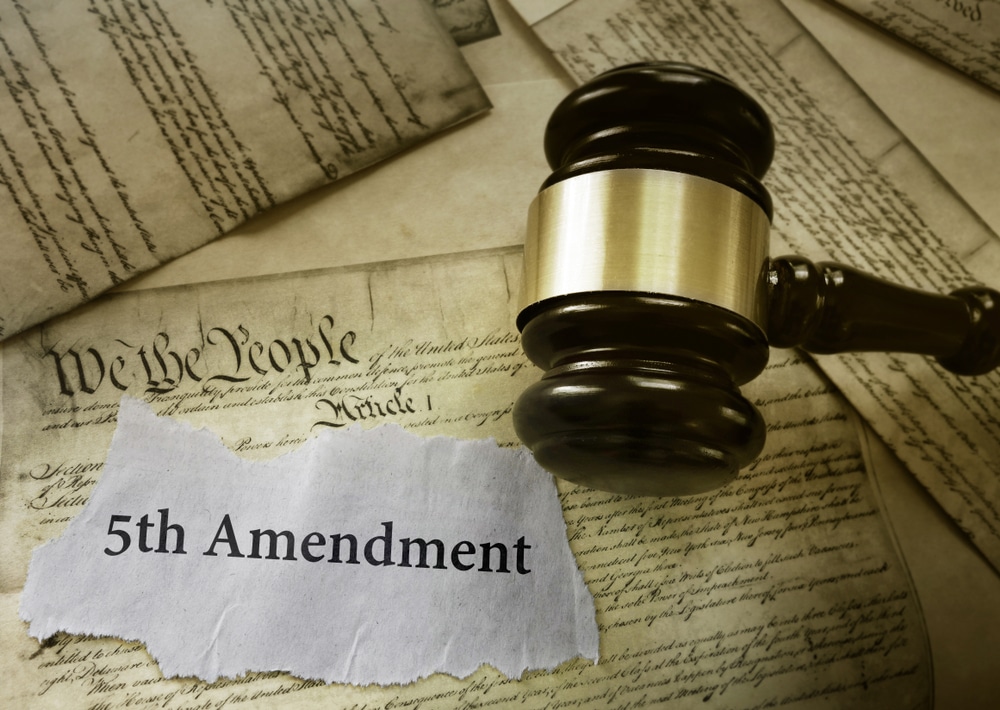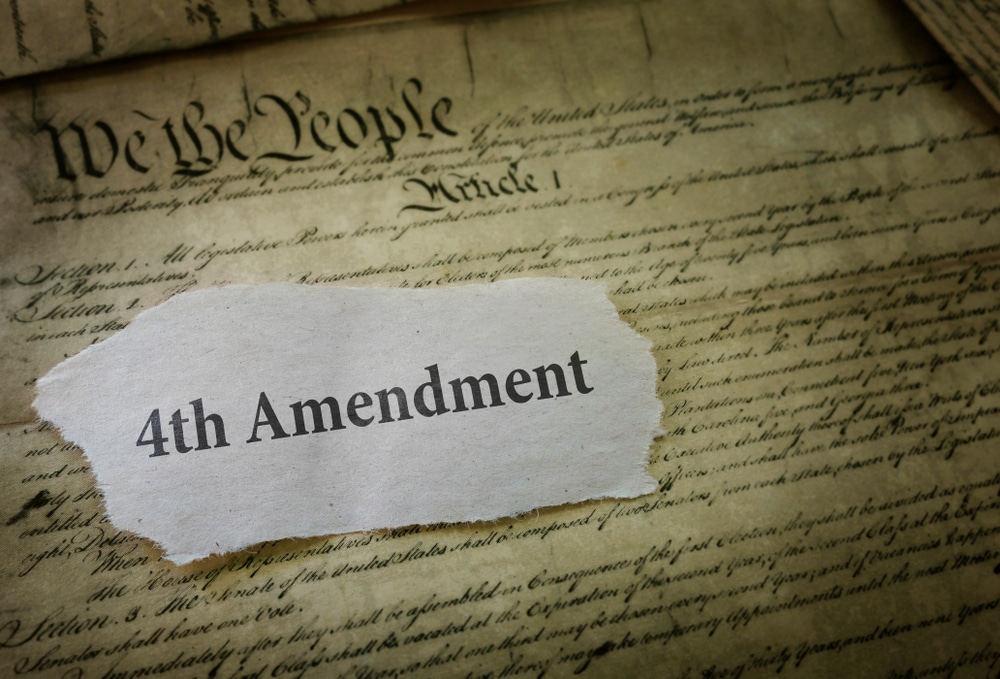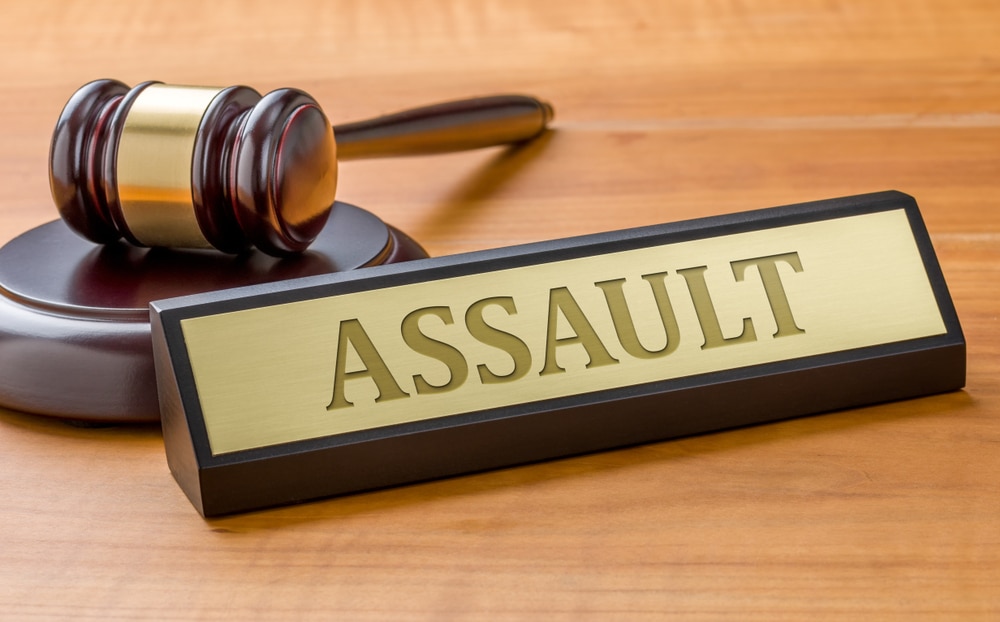If you’ve been pulled over on the suspicion that you were driving under the influence of alcohol, the police will likely ask you to take a breathalyzer test to determine your blood alcohol concentration (BAC). Under New York’s implied consent laws, a driver is expected to submit to a breath or chemical test. However, even if the results of the test demonstrated that you were above the .08% limit, this doesn’t always mean you will be convicted of a DWI — while these tests are often used as evidence, there are many ways in which their reliability can be disputed. A skillful criminal defense attorney will know how to assert a strategic defense in your case by challenging the results of a breathalyzer test.
Depending on the facts and circumstances of your case, there are a number of ways an attorney can dispute a breathalyzer reading. Here are some common ways a DWI attorney may challenge a breath test in court:
The Breathalyzer Was Not Properly Calibrated
While breathalyzers are considered to be scientifically acceptable evidence in a New York DWI case, they can sometimes deliver erroneous results. Importantly, a breathalyzer must be properly calibrated to accurately measure a person’s blood alcohol concentration. If it was not calibrated correctly — or calibrated at all — the evidence may be thrown out by the judge.
The Results Were Not Accurate
Even if a breathalyzer was in good working order, there can be a number of factors that make the results unreliable. For instance, mouthwashes, gum, medications, and breath fresheners can all contain alcohol and alter a reading. False results may also be the result of certain medical conditions, such as GERD, acid reflux, and heartburn. An inaccurate reading can even be caused by blood in the mouth, or the consumption of bread products.
Environmental Factors Caused False Readings
Certain environmental factors may influence a breathalyzer reading, rendering a false result. These factors can include chemicals found in gasoline, tobacco smoke, paint fumes, varnish, and adhesives. If any of these were present in the air surrounding you when you were administered the test, they could have corrupted the reading.
The Test Was Not Administered Properly
A breath test can register a faulty reading if it was not administered properly. An officer must be properly trained in how to use the device and administer it. Before asking you to breathe into the breathalyzer, the officer should have clearly explained how to provide a sample and monitored your performance of the test. If the officer failed to administer the test properly, the results may be deemed unreliable.
The Breathalyzer Was Not Stored Properly
A breathalyzer is a delicate device and the sensors inside the equipment can become damaged in the event it is not stored properly. The devices should be stored in accordance with the manufacturer’s instructions. They should not be kept in excessively hot or cold temperatures, or the results can be compromised.
Contact an Experienced New York DWI Defense Attorney
If you have been arrested for a DWI, it’s vital to have a criminal defense attorney by your side who can protect your rights. The DWI attorneys at D’Emilia Law offer committed counsel and unwavering advocacy for those who have been charged with DWIs and are dedicated to obtaining the best possible outcome for every client. To schedule a consultation, contact us at 1-888-DEMILIA.

